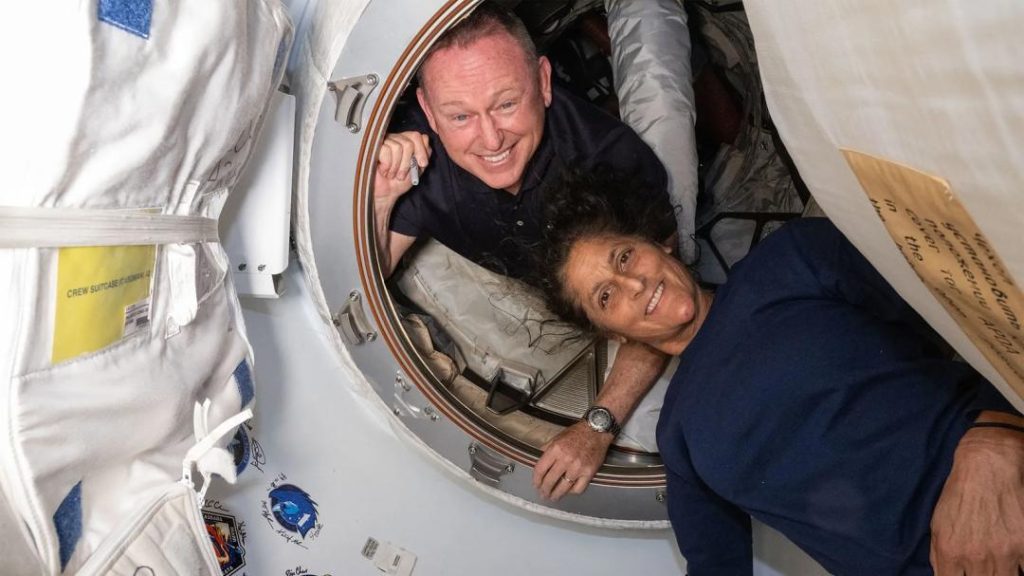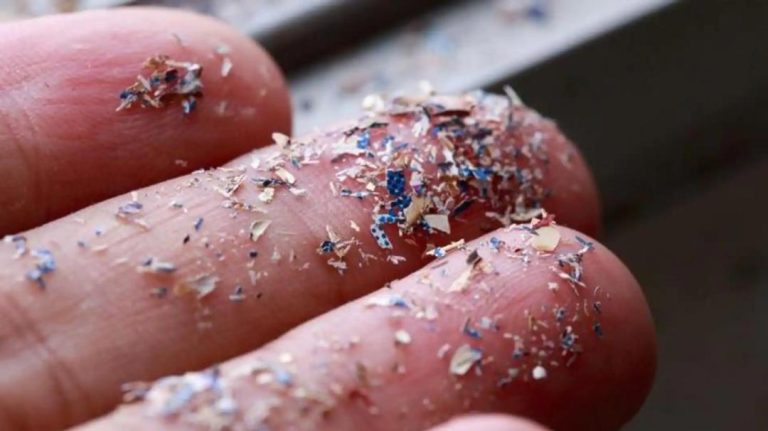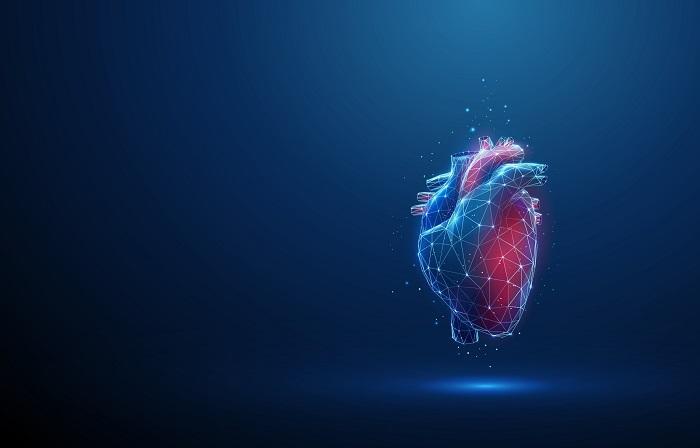
What Challenges Will Sunita Williams & Butch Wilmore Face After Returning to Earth?
Next week, astronauts Sunita Williams and Butch Wilmore will be returning to Earth after spending time in space. While their journey back to their home planet might be a triumphant one, they will be facing some significant challenges as they readjust to life on Earth. For Williams, who has spent a record-breaking 322 days in space, the challenges will be even more pronounced.
One of the major challenges these astronauts will face is the loss of blood volume in space. Since the body adapts to the microgravity environment by expanding blood vessels, the volume of blood in the body decreases. This can lead to a range of symptoms, including dizziness, nausea, and even fainting. According to NASA, it can take several weeks for the body to readjust to the lower gravity environment on Earth, and astronauts may experience these symptoms during this period.
Another challenge that Williams and Wilmore will face is the loss of bone density in space. Prolonged exposure to microgravity can cause the bones to lose mass and density, a condition known as osteoporosis. This can lead to a range of problems, including increased risk of fractures and osteoporosis. To counter this loss, astronauts will have to engage in regular exercise and physical activity to build up their bone density.
But that’s not all. The astronauts will also experience a phenomenon known as “baby feet.” Since they have been in space for so long, their feet have adapted to the microgravity environment by becoming less dense. As a result, they may experience difficulty walking and may even need to wear special shoes to help them regain their balance.
The loss of bone density in space is not the only challenge that astronauts face. They also have to deal with the effects of radiation exposure. In space, astronauts are exposed to higher levels of radiation than they would be on Earth, which can increase their risk of cancer and other health problems.
To prepare for their return to Earth, Williams and Wilmore will have to undergo a series of physical and mental evaluations to assess their readiness for re-entry. They will also have to engage in a range of exercises and physical activities to build up their strength and endurance.
In addition to these physical challenges, the astronauts will also have to deal with the psychological effects of re-entry. Spending so much time in space can be mentally challenging, and astronauts may experience feelings of isolation, disorientation, and even depression. To counter these effects, NASA provides a range of support services, including counseling and peer support groups.
In conclusion, while Sunita Williams and Butch Wilmore’s journey to space has been an incredible achievement, their return to Earth will be just as challenging. They will have to deal with a range of physical and mental challenges, including the loss of blood volume, bone density, and radiation exposure. But with the support of NASA and their colleagues, they will be able to overcome these challenges and readjust to life on Earth.






